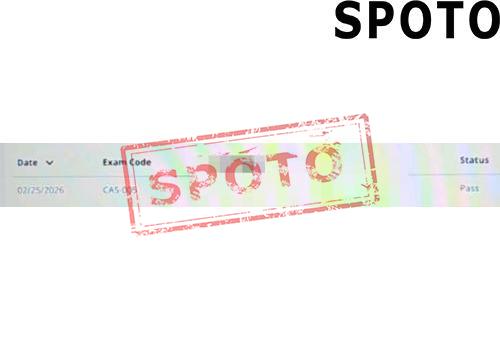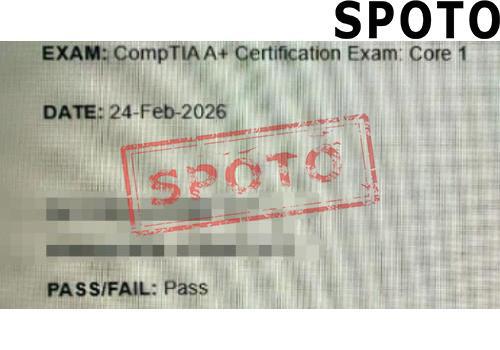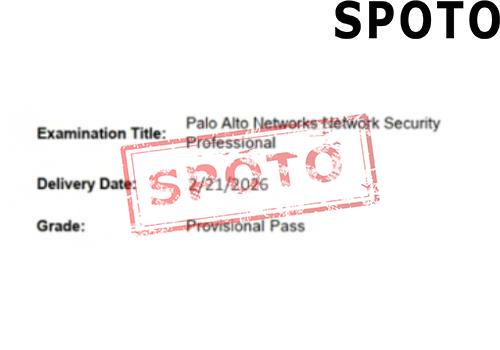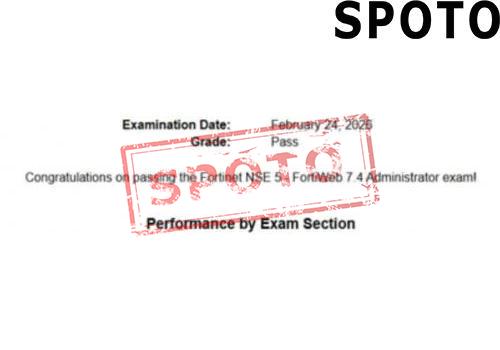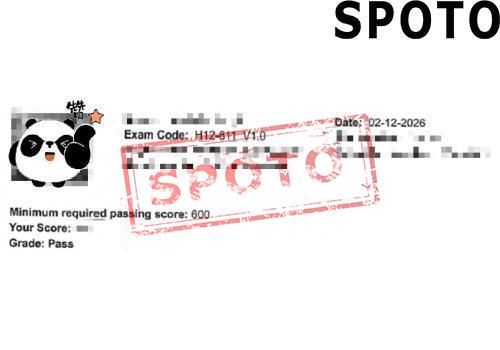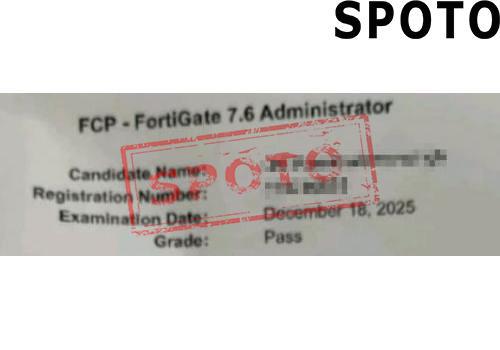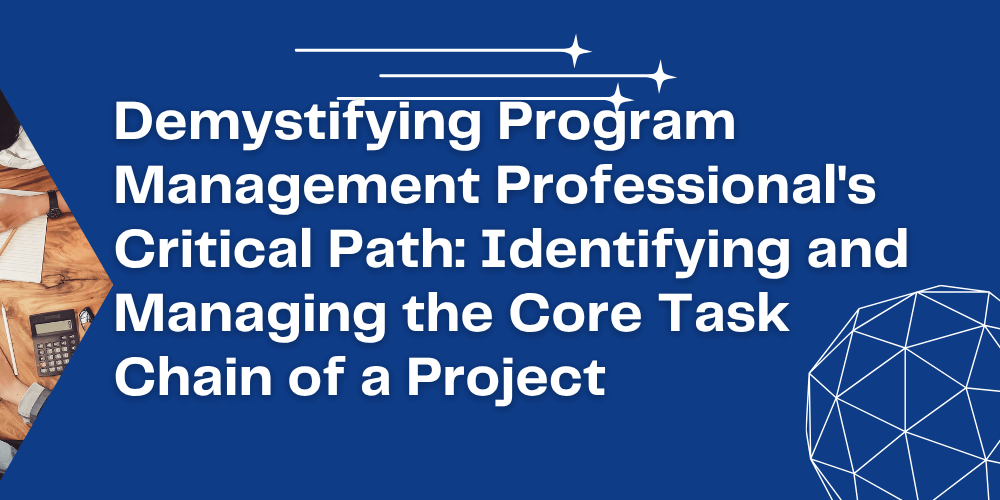
Table of Contents
Get started with the Program Management Professional (PgMP®) certification to explore the PgMP®, learn its purpose and core requirements, core components and essential details.
1. What is Program Management Professional certification?
Program Management Professional (PgMP®) is a high-level global certification offered by the Project Management Institute, specifically for experienced practitioners in program management. It validates the holder's ability to coordinate and manage multiple related projects to achieve organizational strategic objectives, making it a highly respected advanced qualification in project management.
A "program" refers to a group of interconnected projects, sub-programs, and activities that, through collaborative management, achieve overall benefits unattainable by individual management. The PgMP® focuses on translating organizational strategy into actionable program objectives, coordinating cross-project dependencies, avoiding duplication of effort, resolving conflicts and maximizing synergies, and managing stakeholders, risks, and resources at the program level to ensure that the program ultimately delivers the expected business value.
2. Benefits of having Program Management Professional certification
For individuals, the PgMP® certification serves as an authoritative endorsement of professional competence and expertise. The PgMP® focuses on the alignment of project portfolios with organizational strategy, rather than the execution details of a single project. It demonstrates to employers the ability to strategically plan and coordinate multiple, interconnected projects, identify cross-project dependencies, manage complex stakeholders, and ultimately deliver the desired business value. This competency is a key barrier to advancement from project managers to senior management. PgMP® holders often hold senior positions such as portfolio managers, senior project directors, and strategic planning leaders.
As a high-level certification offered by PMI, the PgMP® is recognized in over 190 countries and regions worldwide. It is a preferred hiring requirement for cross-regional portfolio management positions, particularly within multinational corporations that prioritize standardized management, offering practitioners the potential for international career development. According to the PMI Global Salary Survey, PgMP® holders earn significantly higher average salaries than average project managers, with this premium being particularly pronounced within finance, technology, and multinational corporations.
For enterprises, PgMP® holders master a systematic approach to project governance, effectively reducing resource waste, avoiding conflicts, proactively identifying potential risks, improving project integration efficiency, and ensuring the alignment of strategy and execution. PgMP® holders also help companies standardize internal management practices, particularly for large organizations with multiple business lines and regions, by improving collaboration and reducing management and communication costs.
3. Understanding the PgMP® Certification
The PgMP® certification covers five core competency areas, including strategic program alignment—aligning programs with the organization's goals, mission, and vision, assessing strategic fit, defining program scope, and gaining stakeholder support. Benefits management for programs—identifying, planning, tracking, and achieving the program's expected benefits, ensuring that the benefits are quantifiable, aligned with the strategy, and sustained after the program's completion.
The PgMP® certification also requires practitioners to identify and analyze stakeholders, develop a communication plan to manage expectations, resolve conflicts, and maintain support. Oversight mechanisms are established to monitor progress, approve changes, and ensure compliance. Lead the program from start to finish: phase reviews, operational transition, and closure. Coordinate project execution, resource allocation, and deliverable integration.
4. Qualifying for the PgMP® Certification
PgMP® does not require a mandatory academic qualification but requires extensive practical experience. It is a certification with strict requirements for work experience.
(1) Education and experience
For practitioners with a bachelor's degree or equivalent, at least 4 years of project management experience and at least 7 years of portfolio management experience, which must have been completed within the past 15 years. For practitioners without a bachelor's degree, at least 7 years of project management experience and at least 10 years of portfolio management experience, which must have been completed within the past 18 years.
(2) Assessment
Practitioners need to submit an online application form, detailing their project and portfolio management experience, including roles, responsibilities, and achievements. The application undergoes review by a panel of PMI-certified portfolio management experts to validate the authenticity and relevance of the experience. After passing the review, they will take a 4-hour, 170-question multiple-choice exam that focuses on scenario analysis and tests their ability to apply knowledge in practice.
(3) Maintaining Certification
The PgMP® certification is valid for 3 years. To renew the certification, one must accumulate 60 professional development units within 3 years. These units can be obtained through training, presentations, and publication of relevant articles.
5. Similar certifications of Program Management Professional certification
- PRINCE2® Program Management (MSP®)
- IPMA Level A
- Portfolio Management Professional (PfMP)
- International Program Management Professional (PgMP)




